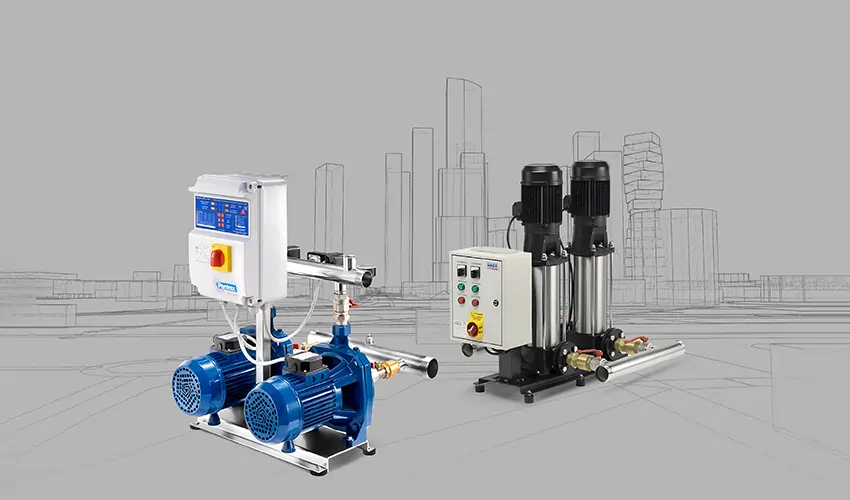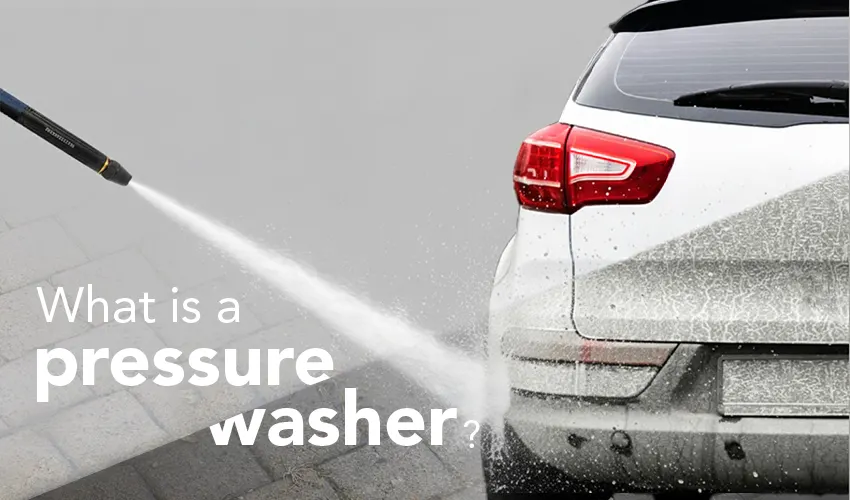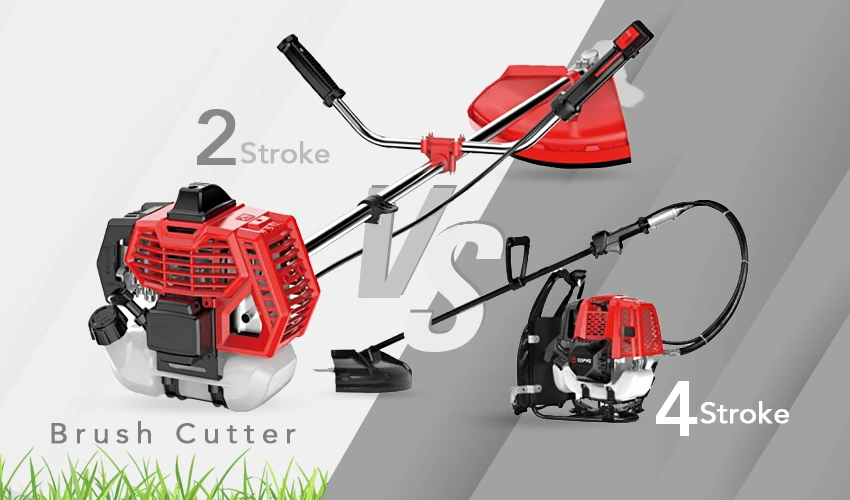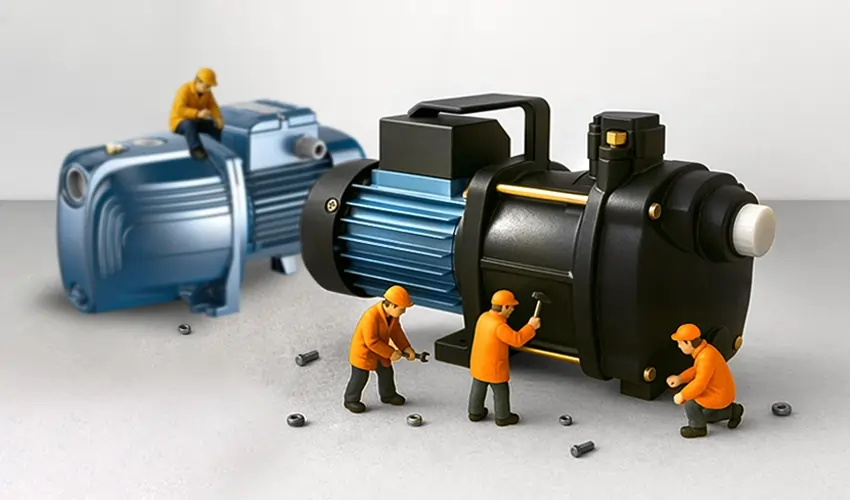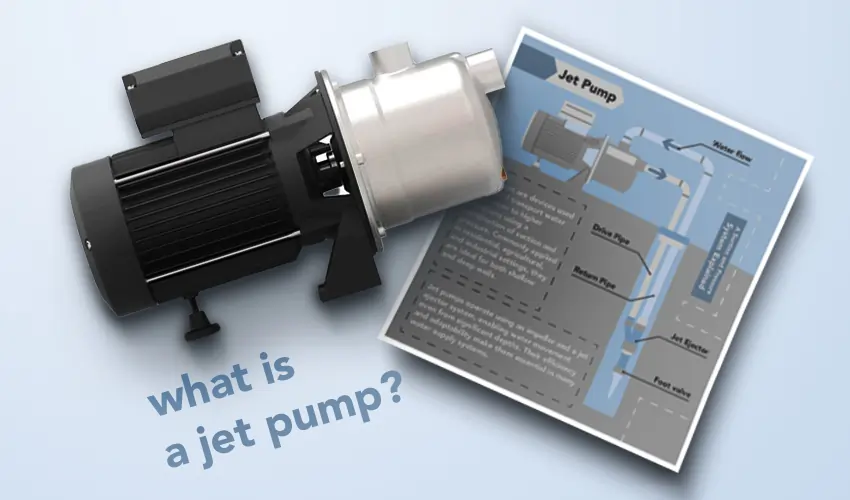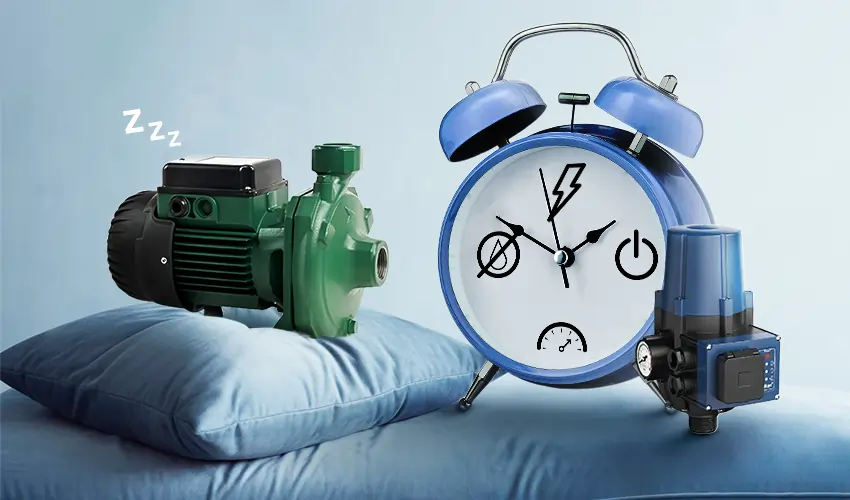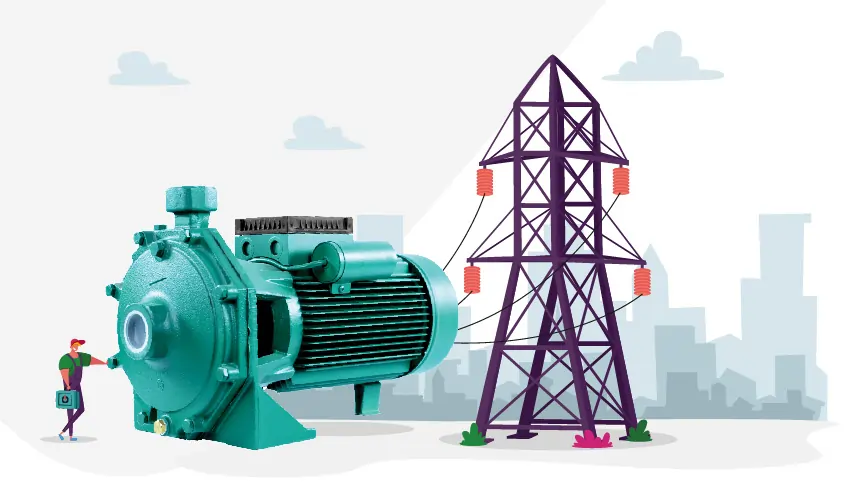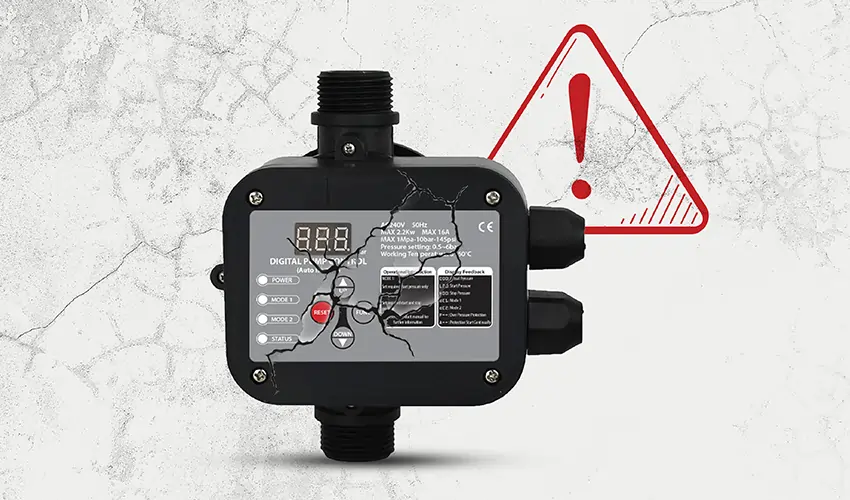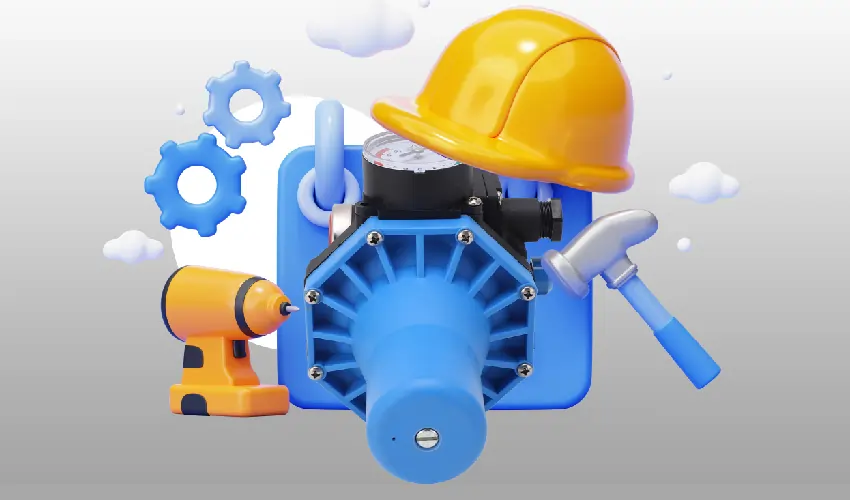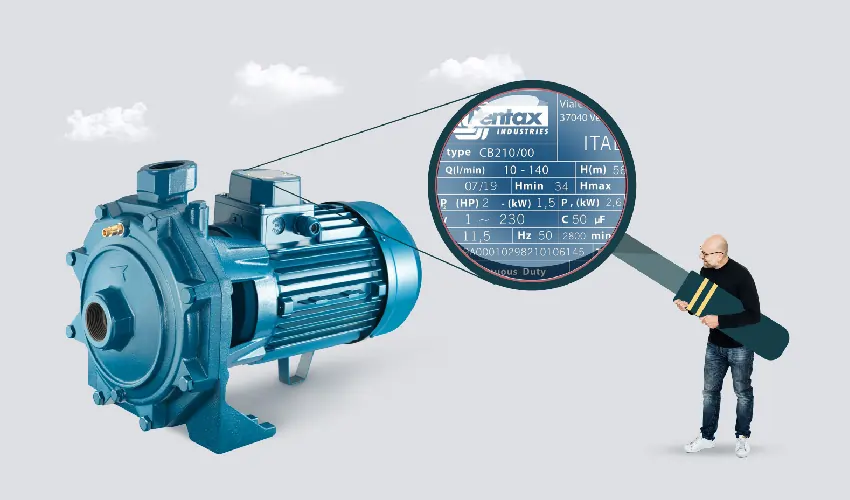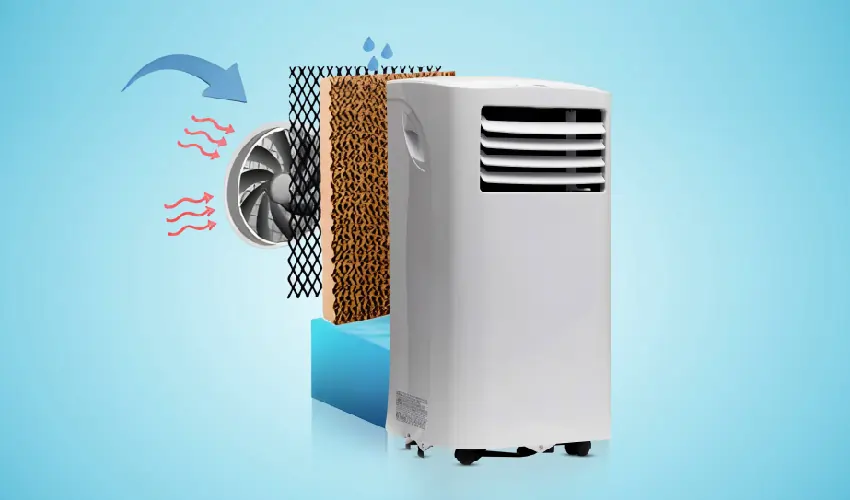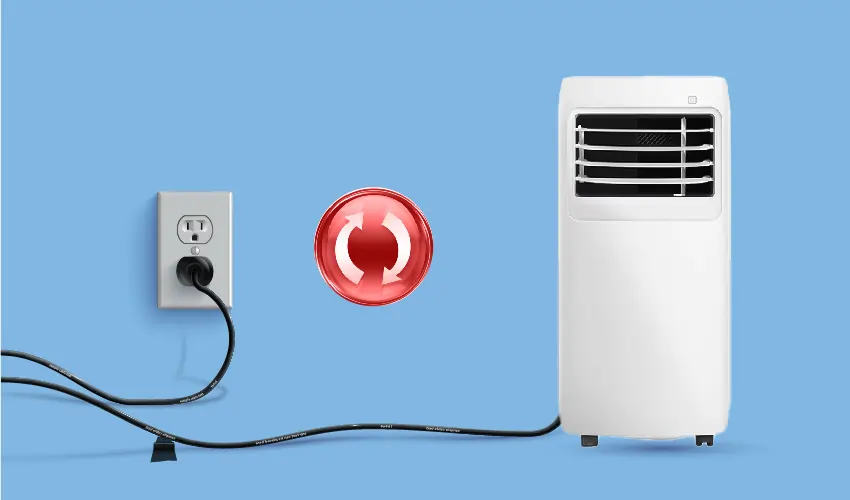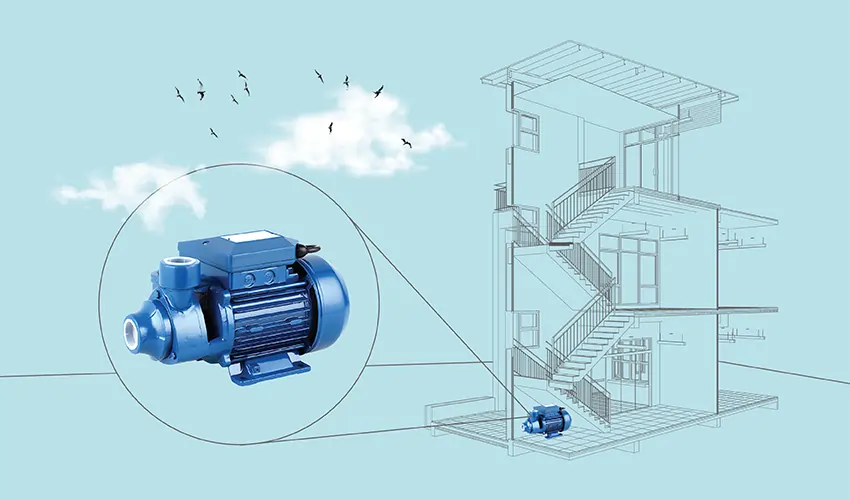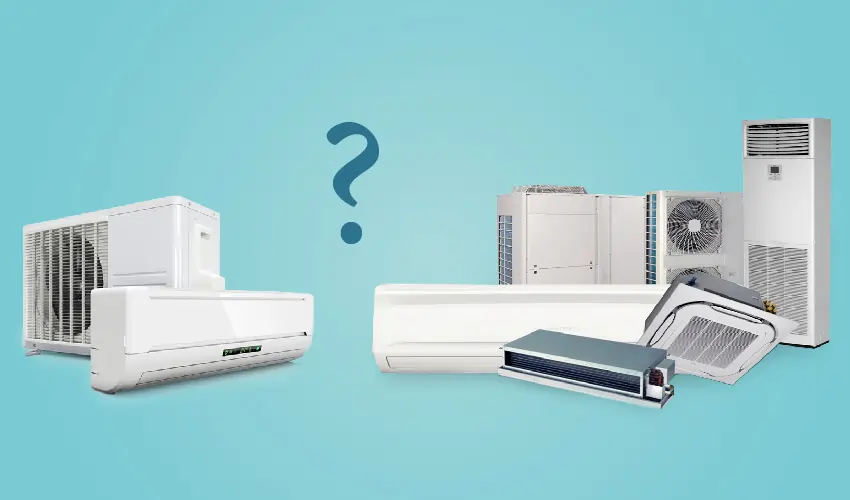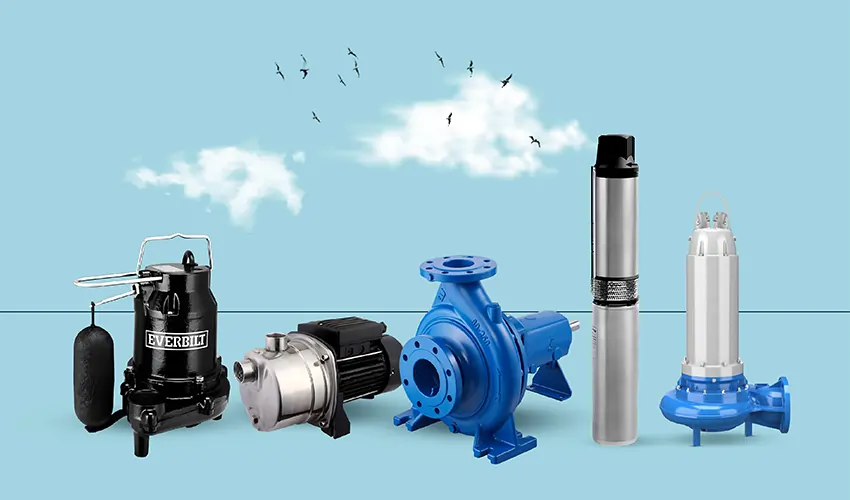In this process, an informed decision based on specific needs will lead to the best booster pump choice, tailored to deliver reliable performance in your system.
How to Choose a Booster Pump?
Choosing the right booster pump involves considering various factors to ensure it meets your specific needs and works efficiently in your system. Here’s a guide to help you make an informed decision:
- Water Flow Requirements
- Determine the desired flow rate for your application. Consider the water demand and the number of fixtures or outlets the booster pump needs to supply.
- Pressure Requirements
- Identify the required pressure levels for your system. Different applications, such as residential or irrigation, may have specific pressure needs.
- Type of Booster Pump
- Select the appropriate type of booster pump. Common types include:
- Centrifugal Pumps: Suitable for moderate to high flow rates and lower pressure requirements.
- Jet Pumps: Effective for shallow wells or applications with lower flow and higher pressure needs.
- Select the appropriate type of booster pump. Common types include:
- Power Source
- Decide on the power source for the booster pump. Options include electric, gas, or solar-powered pumps. Choose based on availability and your specific requirements.
- Material of Construction
- Consider the materials used in the pump construction, especially if the pump will be exposed to corrosive or abrasive substances. Common materials include stainless steel, cast iron, or thermoplastics.
- Suction and Discharge Size
- Check the suction and discharge sizes of the booster pump to ensure compatibility with your existing plumbing system.
- Automatic vs. Manual Control
- Decide whether you want a booster pump with automatic or manual control. Automatic pumps are equipped with pressure switches that turn the pump on and off based on water demand.
- Noise Level
- Consider the noise level of the booster pump, especially if it will be installed in a residential area. Some pumps are designed to operate more quietly than others.
- Energy Efficiency
- Look for energy-efficient models that can help reduce operational costs over time. Pumps with variable speed drives or energy-efficient motors are good options.
- Brand and Reliability
- Choose a reputable and reliable brand with a track record for producing high-quality pumps. Read reviews and gather information on the durability and performance of different models.
- Installation and Maintenance
- Consider the ease of installation and maintenance. Some booster pumps may require professional installation, while others are designed for simpler DIY setups.
- Budget
- Establish a budget for the booster pump, taking into account not just the initial cost but also long-term operating and maintenance expenses.
- Warranty
- Check the warranty offered by the manufacturer. A longer warranty period can provide peace of mind regarding the durability and reliability of the pump.
Best Booster Pump
The best booster pump for you depends on your specific needs and budget. Here are some of the most popular and top-rated booster pumps on the market:
Budget-Friendly Options
- WASSERMANN Pressure Booster Pump: This affordable option offers a 5 GPM flow rate and 55 PSI pressure, making it suitable for small homes or apartments
- Flojet 13950 Booster Pump: This compact and efficient pump provides a 1 GPM flow rate and 80 PSI pressure, ideal for boosting water pressure to multiple fixtures.
High-Performance Options
- SEAFLO 33-Series Industrial Water Pressure Pump: This powerful pump delivers a 3.3 GPM flow rate and 100 PSI pressure, making it suitable for larger homes or businesses.
- Grundfos CM50-2 ½HP Booster Pump: This durable and reliable pump offers a 2 GPM flow rate and 80 PSI pressure, making it a popular choice for both residential and commercial applications.
- Liberty L3200 ½HP Booster Pump: This compact and versatile pump provides a 1.5 GPM flow rate and 80 PSI pressure, making it suitable for various applications, including boosting water pressure to multiple fixtures, irrigation systems, and rainwater harvesting systems.
Consider factors like your desired flow rate, pressure requirements, noise level, and budget when selecting a booster pump. Consulting a plumber or a knowledgeable salesperson can further guide you in choosing the most appropriate booster pump for your specific needs.
Conclusion
The best booster pump depends on specific needs and circumstances. Consider factors such as required flow rate, pressure levels, power source, materials, control options, noise level, energy efficiency, brand reliability, ease of installation, and budget. By carefully evaluating these aspects, you can choose a booster pump that aligns with your unique requirements, ensuring optimal performance and longevity in your system.

